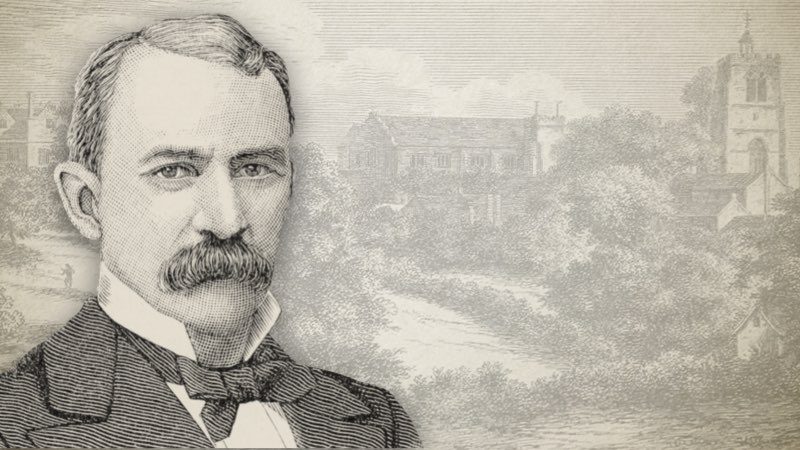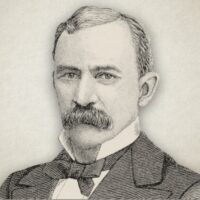
A. H. Strong On Pastoral Oversight
Augustus Hopkins Strong (1836-1921), a leading Theologian espousing Particular Baptist convictions and author of “Systematic Theology”. With reference to the pastoral office in a church, he wrote:
In certain of the New Testament churches there appears to have been a plurality of elders (Acts 20:17; Philippians 1:1; Titus 1:5).
There is, however, no evidence that the number of elders was uniform or that the plurality which frequently existed was due to any other cause than the size of the churches for which these elders cared.
The New Testament example, while it permits the multiplication of assistant pastors according to need, does not require a plural elder-ship in every case nor does it render this elder-ship, where it exists, of coordinate authority with the church. There are indications, moreover, that, at least in certain churches, the pastor was one while the deacons were more than one in number.
Acts 20:17 — “And from Miletus he sent to Ephesus, and called to him the elders of the church”; Philippians 1:1 — “Paul and Timothy, servants of Christ Jesus, to all the saints in Christ Jesus that are at Philippi, with the bishops and deacons.”; Titus 1:5 — “For this cause I left thee in Crete, that thou shouldest set in order the things that were wanting, and appoint elders in every city, as I gave thee charge.” See, however, Acts 12:17 — “Tell these things unto James, and to the brethren”; 15:13 — “And after they had held their peace, James answered, saying, Brethren, hearken unto me”; 21:18 — “And the day following Paul went in with us unto James; and all the elders were present”; Galatians 1:19 — “But other of the apostles saw I none, save James the Lord’s brother”; 2:12 — “certain came from James.”
These passages seem to indicate that James was the pastor or president of the church at Jerusalem, an intimation which tradition corroborates. 1 Timothy 3:2 — “The bishop therefore must be without reproach”; Titus 1:7 — “For the bishop must be blameless, as God’s steward”; cf. 1 Timothy 3:8, 10, 12 — “Deacons in like manner must be grave…And let these also first be proved; then let them serve as deacons, if they be blameless…Let deacons be husbands of one wife, ruling their children and their own houses well” — in all these passages the bishop is spoken of in the singular number, the deacons in the plural. So, too, in Revelations 2:1, 8, 12, 18 and 3:1, 7, 14,” the angel of the church” is best interpreted as meaning the pastor of the church and, if this be correct, it is clear that each church had, not many pastors, but one.
It would, moreover, seem antecedently improbable that every church of Christ, however small, should be required to have a plural elder-ship, particularly since churches exist that have only a single male member. A plural elder-ship is natural and advantageous only where the church is very numerous and the pastor needs assistants in his work and only in such cases can we say that New Testament example favors it.
Augustus Strong (1836-1921) was an American Baptist pastor and theologian (Moderate-Calvinist). In 1865, he was appointed the Pastor of the First Baptist Church of Cleveland, Ohio, during which time Brown University bestowed upon him an honorary D.D. In 1872, he was appointed the president of Rochester Theological Seminary and Professor of Theology. In 1886, he published in three volumes a Systematic Theology.
Pastoral Oversight (Complete)


